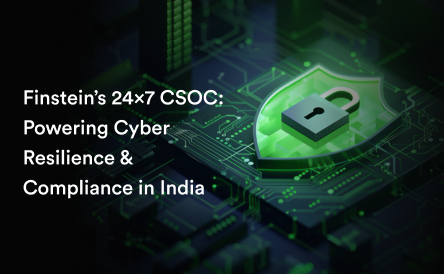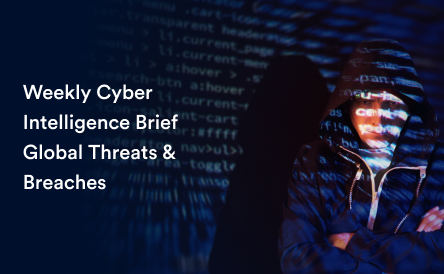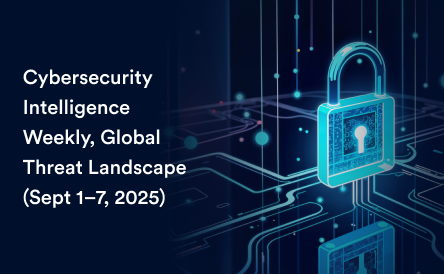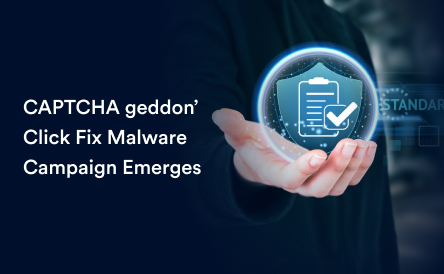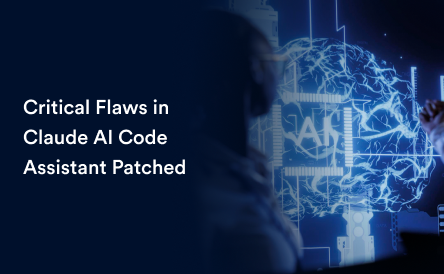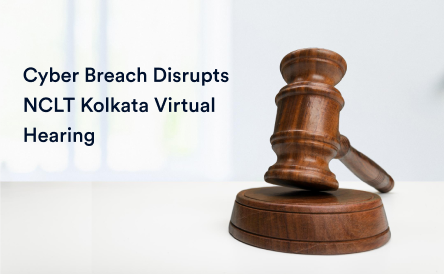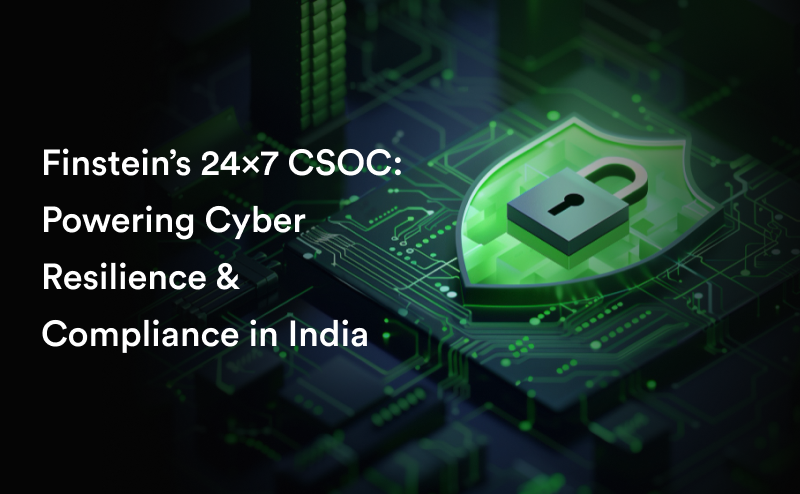
Cyber Security Operations Centers (CSOCs) are no longer optional for digitally enabled enterprises. In an environment marked by sophisticated cyber threats, expanding regulatory mandates, and increasing stakeholder expectations, a well-architected CSOC forms the backbone of organizational cyber defense.
1. Understanding the Role of a CSOC
A Cyber Security Operations Center is a centralized facility that leverages technology, skilled personnel, and structured processes to provide real-time monitoring, threat detection, incident response, and compliance reporting. It operates continuously to maintain visibility into the security posture of critical infrastructure, networks, cloud environments, and endpoints.
Modern CSOCs are engineered to support integration with:
- SIEM (Security Information and Event Management)
- SOAR (Security Orchestration, Automation and Response)
- Threat Intelligence Platforms (TIPs)
- Cloud-native telemetry and API-based log streams
- Identity and Access Management systems
- DevSecOps pipelines
2. The Strategic Need for CSOC in the Indian Landscape
India’s rapid digitalization — across fintech, banking, healthcare, government, and e-commerce — has significantly elevated its cyber risk surface. The increase in targeted ransomware campaigns, insider threats, and supply chain vulnerabilities underscores the urgency to deploy centralized detection and response capabilities.
Key drivers necessitating CSOC implementation:
- Rise in volume and sophistication of cyberattacks targeting Indian entities
- Sectoral compliance frameworks from RBI, SEBI, IRDAI, and CERT-In
- Data protection requirements under the Digital Personal Data Protection Act, 2023
- Real-time governance expectations from boards, regulators, and global clients
- Integration of operational technology (OT) and IT in critical infrastructure
- Expanded attack vectors from SaaS, APIs, remote work, and unmanaged device
3. Regulatory Landscape Influencing CSOC Deployment in India:
CERT-In Directions (2022):
CERT-In mandates cyber incident reporting within 6 hours and log retention for 180 days. These requirements necessitate the establishment of centralized monitoring and event correlation, achievable only through an operational CSOC.
Reserve Bank of India (RBI) Guidelines
RBI’s cybersecurity frameworks for Scheduled Commercial Banks, NBFCs, and Payment System Operators require:
- Centralized SOCs
- Real-time threat intelligence
- Incident response playbooks
- Compliance with ISO 27001, NIST CSF, and IT Act provisions
SEBI Cybersecurity Framework
Applicable to exchanges, depositories, AMCs, and intermediaries, SEBI mandates:
- Continuous surveillance through SOC or managed security services
- Regular vulnerability assessments and red-teaming
- Secure configuration and audit of APIs, endpoints, and hosted applications
IRDAI Cybersecurity Guidelines
Insurance firms must deploy SOCs to monitor business-critical systems and comply with incident management requirements. There is a strong emphasis on detection, response, and data leakage prevention.
DPDP Act, 2023
While not prescriptive about CSOCs, the Act requires that data fiduciaries implement “reasonable security safeguards” which include:
- Breach detection mechanisms
- User access logging
- Data flow visibility
- Third-party monitoring all of which are core functions of a CSOC
4. Operating Models for CSOC
There are four primary models of Cyber Security Operations Centers (CSOCs) commonly adopted in India, each suited to different organizational needs and maturity levels.
- In-House CSOCs are fully owned and operated internally by the enterprise. These are typically found in large banks, telecom operators, and organizations managing critical infrastructure, where control, customization, and data residency are paramount.
- Managed SOCs involve outsourcing cybersecurity operations to a third-party Managed Security Service Provider (MSSP). This model is widely adopted by startups, mid-market companies, and SaaS providers seeking to operationalize 24×7 monitoring without the overhead of building in-house capability.
- Hybrid CSOCs combine internal security oversight with external MSSP support. This approach is popular among insurance firms, healthcare providers, and regulated fintechs that require compliance-grade visibility but also need flexibility and scale.
- Sectoral or National CSOCs are centralized facilities operated at the industry or governmental level, typically for coordinated threat intelligence sharing and infrastructure-wide monitoring. Examples include CERT-In, NPCI, and NCIIPC.
5. CSOC Adoption Across Indian Cities
There is a marked rise in CSOC adoption in key Indian cities driven by both compliance and maturity expectations:
- Chennai: BFSI, SaaS, automotive suppliers, and GICs are actively deploying hybrid SOCs.
- Bangalore: Startups, digital-native companies, and cloud-first platforms require managed SOCs with high automation maturity.
- Mumbai: Banks, NBFCs, capital markets, and insurance firms are strengthening their in-house and co-sourced SOC capabilities.
- Delhi NCR: Government, telecom, and public sector undertakings are aligning with CERT-In and NCIIPC frameworks through CSOC investments.
- Hyderabad: GCCs, pharma, and IT services firms are integrating SOC as part of their cloud and DevSecOps transformation.
6. Finstein’s CSOC Practice
At Finstein, we provide end-to-end CSOC solutions for enterprises seeking to elevate their threat detection and regulatory readiness posture. We specialize in:
- Greenfield CSOC setup (people, process, and technology)
- SOC-as-a-Service with 24×7 analyst support
- SIEM/SOAR deployment, optimization, and use-case engineering
- Incident response planning and tabletop exercises
- Cloud-native SOC integration for AWS, Azure, and GCP
- SOC 2, ISO 27001, RBI, SEBI, IRDAI, and DPDP compliance enablement
- CSOC maturity assessments, KPIs, and continuous improvement planning
Our team includes certified cybersecurity professionals, threat hunters, and automation engineers with deep experience across BFSI, fintech, healthcare, and regulated industries.
Whether you are building your first CSOC, transitioning to a modernized hybrid model, or outsourcing for agility, we deliver cybersecurity operations at scale, with precision and alignment to Indian regulatory frameworks.
Connect With Us
If your organization is planning to:
- Build a regulatory-aligned CSOC
- Upgrade from a legacy SOC to a modern, cloud-integrated model
- Reduce MTTD and MTTR while increasing audit readiness
Website: https://cyber.finstein.ai
Email: Praveen@Finstein.ai
Contact: +91 99400 16037
Finstein Advizory Service LLP
#CyberSecurityOperationsCenterIndia #CSOCServiceProviderIndia #CSOCConsultingFirmsIndia #BestCSOCCompaniesIndia #TopRatedSOCProvidersIndia #InHouseCSOCSetupIndia #OutsourcedCSOCIndia #ManagedSOCServicesChennai #ManagedSOCServicesBangalore #ManagedSOCServicesMumbai
#ManagedSOCServicesDelhi #ManagedSOCServicesHyderabad
#CyberThreatMonitoringIndia #24x7SOCServicesIndia #SOCasaServiceIndia #CloudBasedSOCIndia #HybridCSOCIndia #RBICybersecurityFramework #SEBISOCReadiness #IRDAIInformationSecurity #CERTInIncidentResponse
#DPDPActBreachMonitoring

